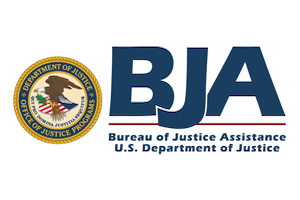Bureau of Justice Assistance (BJA) FY 2020 Funding Opportunities

BJA has a wide variety of grants available in 2020 that can be of assistance to prosecutors.
The expected solicitation release dates for the grants are between December 2019 and March 2020. Application submission deadlines are typically within 45-60 days of the grant’s announcement.
Read More






